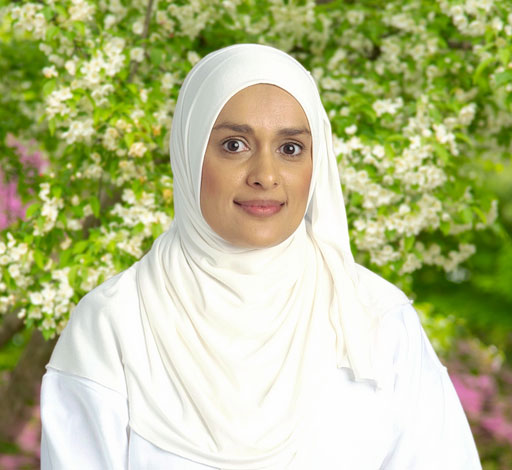MSEd Hunter College, MA Bank Street. Farrah Gilani received her Master's Degree in Childhood Education from Hunter College, and a Master's Degree in Leadership in Mathematics from Bank Street College of Education. Farrah has been teaching for 17 years in both private and public schools and is currently teaching in a public elementary school in NYC.
Previous Courses
MSEd Art of Teaching
Mathematics and Technology I and II
Graduate Seminar—Year
7555
This course will place strong emphasis on students’ own understanding of mathematics as directly related to the mathematics that they will be teaching in early-childhood and elementary-school classrooms. The course will focus on core concepts of mathematics teaching and learning: the science of patterns and number relationships. Patterns and functions will serve as the lenses through which students will examine connections and applications of the topics to the early-childhood and childhood school curricula. Students will develop understandings of the content, concepts, computation, and teaching and learning strategies of mathematics in schools. Emphasis will be placed on constructivist teaching and learning; inquiry-based learning; problem solving; and mathematical reasoning, connections, and communication. Students will be exposed to techniques in differentiating instruction that addresses learning differences and the special needs of English-language learners, as well as ways to identify tasks that challenge and augment mathematical understandings. The use of technology as an integral support for the understanding and application of mathematics will also be a focus of the course. Each class session will provide students with opportunities to engage in authentic mathematical activities, followed by sharing those experiences and ways to implement similar, engaging mathematical tasks in classrooms. As part of their conference work, students will create a concept teaching game and a presentation of the solutions to complex problems.
